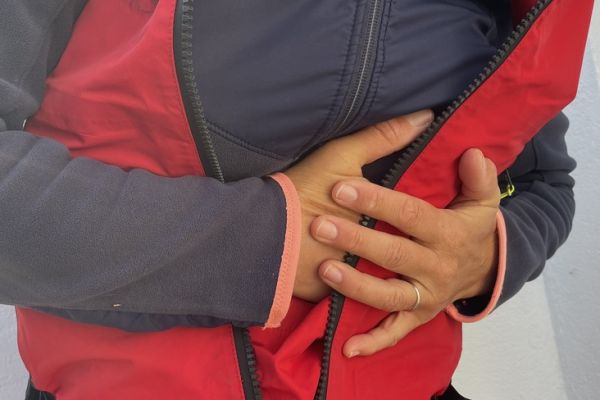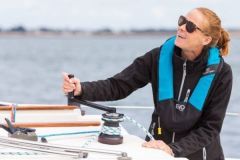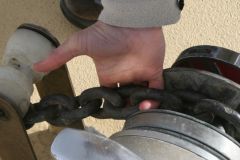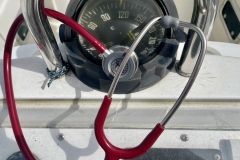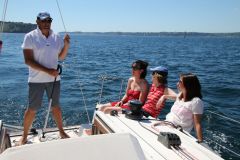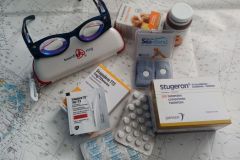When you take to the sea, you embark for sublime landscapes and a feeling of freedom... but also with the responsibility of dealing with the unexpected. Among them, medical emergencies occupy a special place, especially far from any immediate help. Illness, injury, unexplained pain: what to do when you're alone or far from land? Here are some simple, practical guidelines to help you prepare.
Above all, safety
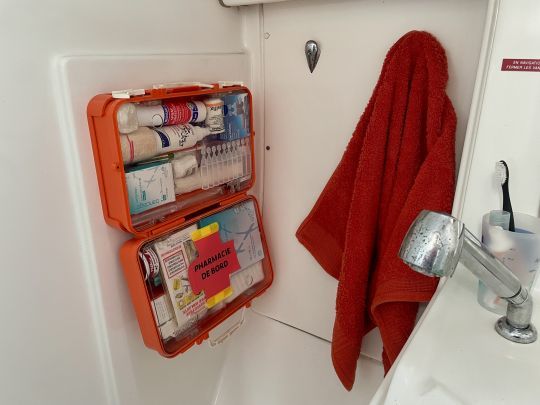
At sea, danger can come from anywhere unstable environment, weather, crew panic.
Before you act :
- Avoiding over-accidents and secure the boat,
- Allocating roles on board between :
- boat handling,
- take care of the victim,
- find your individual medical form (model proposed by the CCMM = Centre de Consultation Médicale Maritime),
- fetch the on-board pharmacy...
Assessing severity
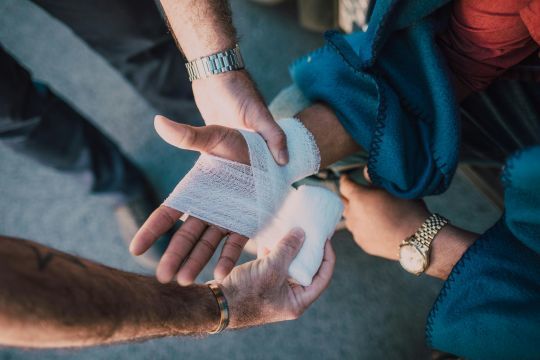
Quickly ask yourself the right questions:
- Is it a life-threatening emergency? hemorrhage, asphyxia, cardiopulmonary arrest ?
- Is the victim conscious ?
- She breathes normally?
- Are there any visible signs of distress (paleness, sweating, intense pain, difficulty speaking or moving)?
- What is its general condition ?
This makes it possible to prioritize intervention and determine whether a remote medical assistance or emergency evacuation is to be considered.
Methodical action
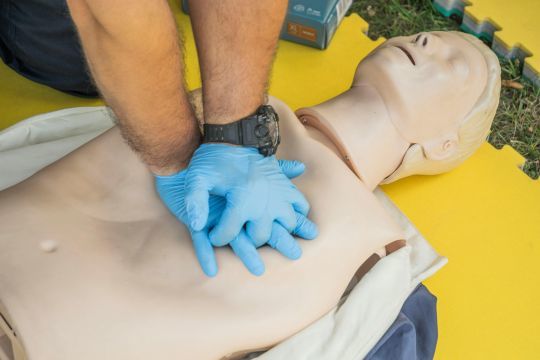
It's not a question of overdoing it, but of doing it right the right gesture at the right time :
- Apply the first-aid gestures adapted.
- Establish a 1 er comprehensive review using the " pleasure boating medical observation form " proposed by CCMM, for example .
- Use the protocols available on board if they exist.
- Manage medicines from the on-board pharmacy if necessary.
Overzealousness or a mistake can make things worse. Simplicity and prudence are your allies.
Effective alerting on land
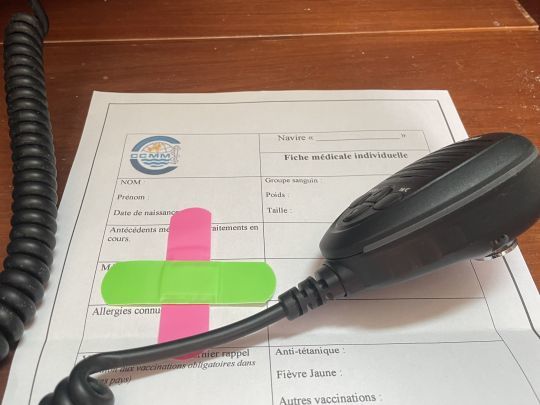
When you're under stress, it's not always easy to call for help. You need to be clear and structured, and the process must be clearly anticipated.
How to pass on the alert ? All team members must be familiar with the appropriate call-out procedure, and have a visible written record of it. Emergency services can be contacted :
- by VHF (via CROSS = Centres Régionaux Opérationnels de Surveillance et de Sauvetage),
- by satellite phone,
- or by COSPAS-SARSAT beacon.
Gather information from the complete check-up listed on the yachting medical observation form.
The more information reliable and synthetic the more effective the remote medical response.
Teleassistance, a valuable lever
CCMM responds 24 hours a day to medical emergencies at sea via CROSS or by direct call.
In the event of doubt or serious injury, it is an essential link between the ship and onshore medical services.
In addition to emergencies, a doctor provides non-emergency consultations Monday to Friday, 8am to 6pm, and Saturday, 8am to 1pm (CET).
But that presupposes :
- To have the good contacts (CROSS, CCMM).
- From prepare exchanges (health form, vitals, description of the situation).
- From follow instructions given and implement them with the means available.
In conclusion
Managing a medical emergency at sea does not mean becoming a ship's doctor, but it does mean knowing how to protect, alert and care within the limits of its resources.
Training, equipping yourself, learning the right reflexes: it's a discreet but precious investment.
These skills save lives âeuros, sometimes even your own.

 /
/ 